A new study from Yale’s ‘Program on Climate Change Communication’ came out with some interesting statistics. I’d click the link and futz around a bit, but I think these were the juiciest parts:
More than nine in ten Americans (94%) say they are willing to eat more fruit and vegetables, and six in ten (62%) say they are “very” willing to do so. More than half of Americans (55%) say they are willing to eat more plant-based meat alternatives (products made with vegetables such as soy, potatoes, peas, etc.) and 54% say they are willing to eat less red meat (beef, lamb, pork).
More than four in ten Americans say they are willing to use dairy alternatives (soy milk, almond milk, etc.) instead of dairy-based milk or cream (46%) and/or to consume less dairy (42%).
One in four Americans (26%) say they are willing to eat lab-grown meat rather than meat taken from animals.
Those are the nuts and bolts of ‘The Now’ of plant-based eating. People are interested — when they understand the effects of diet on the climate and its overall taste improves. People are willing to eat more plant-based meats when they cost less than real meat. Subsidies are too important here. Beef and dairy are subsidized in a way that essentially is like giving steroids to Goliath.
These are all good signs and honestly better than I expected. For your ‘TL;DR’, their executive summary is available here.
(via VegNews)
